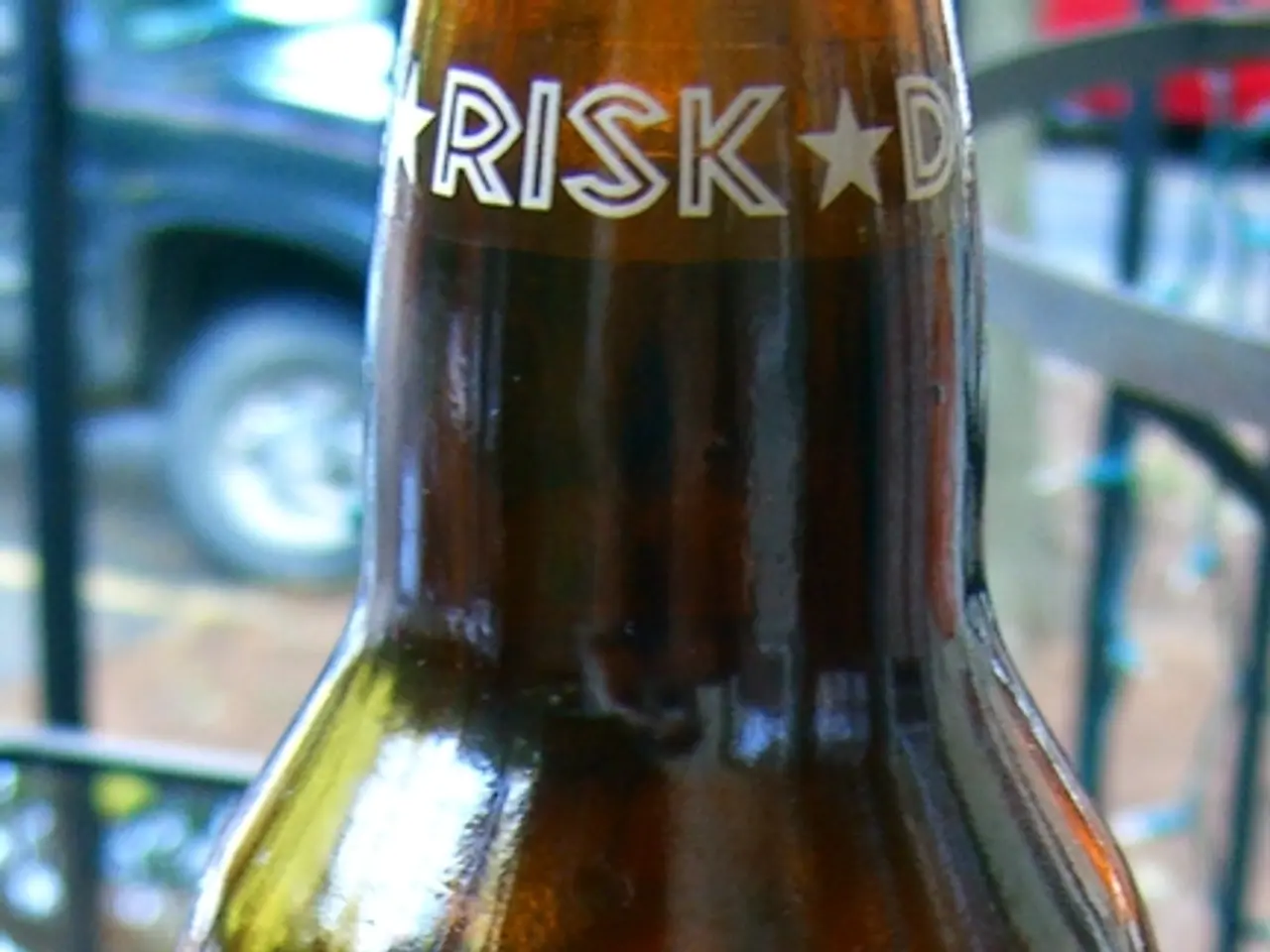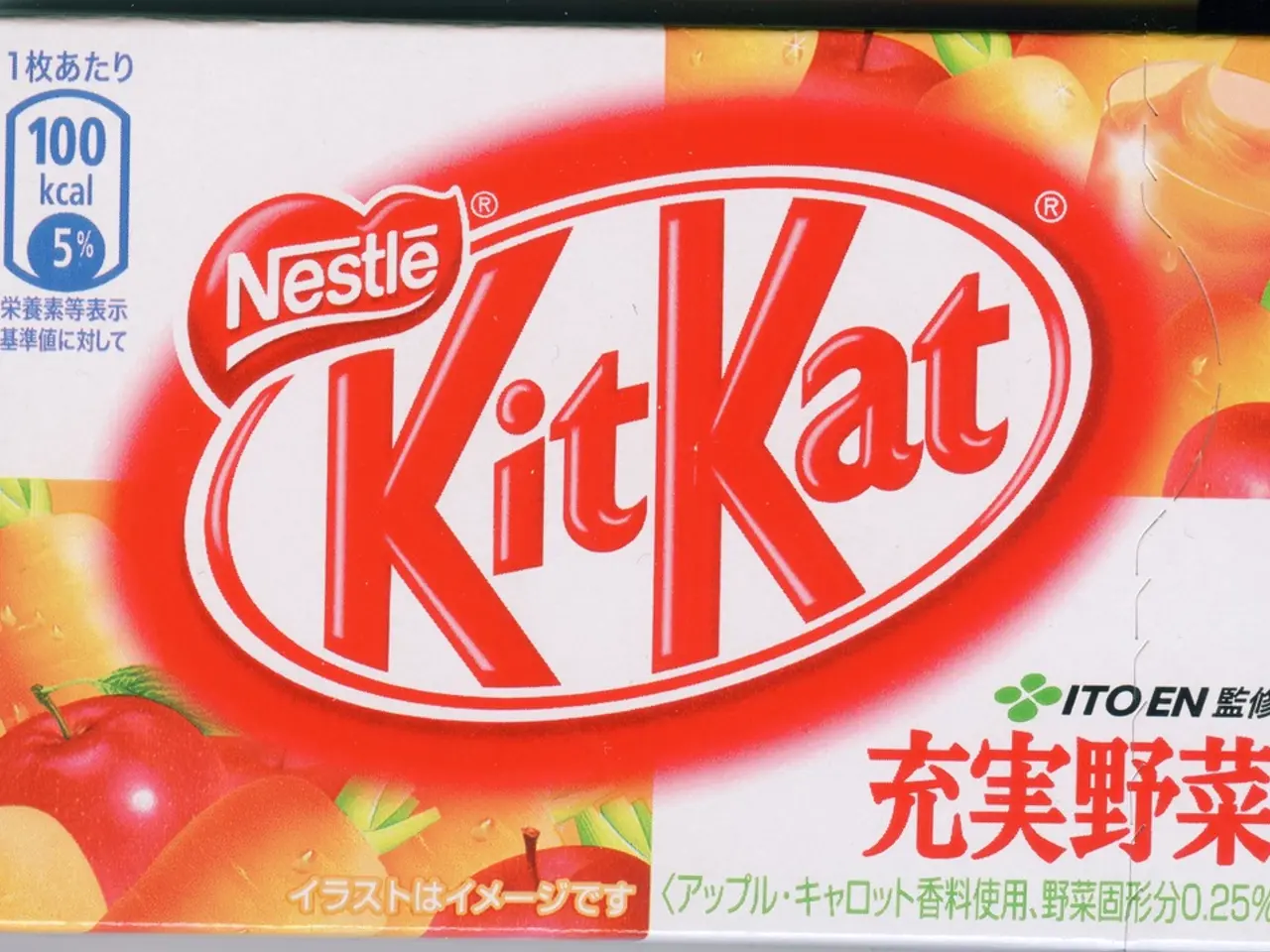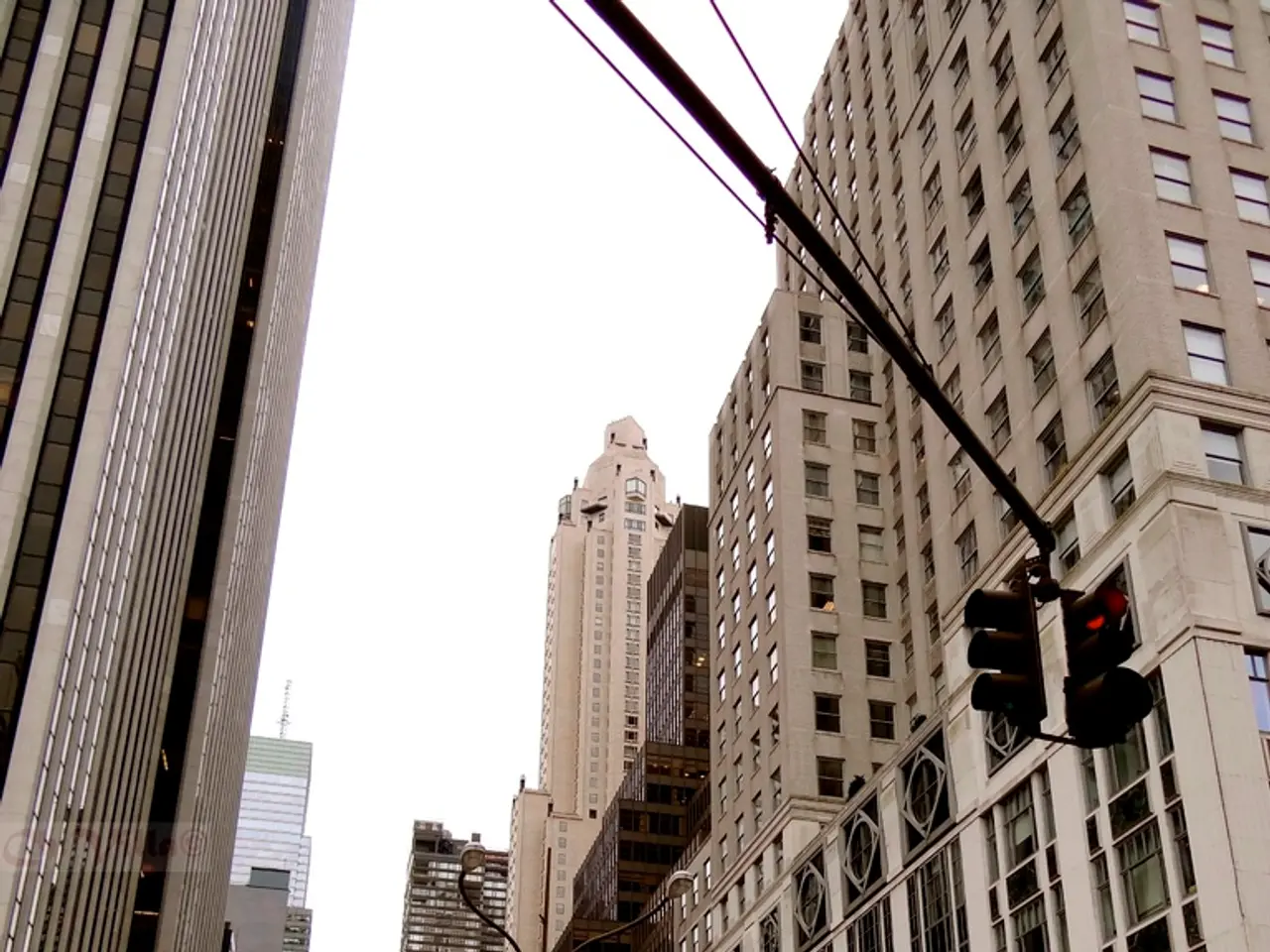Strategies to Address Impaired Driving: A Guide
In a bid to curb the rising trend of alcohol-related traffic accidents in Germany, the TÜV Association has proposed a series of measures aimed at deterring people from driving under the influence.
According to recent statistics, the number of traffic deaths in Germany is expected to increase by around 9% in 2022, after falling to a historic low during the corona pandemic. Alarmingly, 165 fatalities and 16,426 injuries were recorded in accidents under the influence of alcohol in 2021 alone.
The TÜV Association, a renowned German organisation for technical safety, has long been advocating for measures to reduce alcohol-related traffic accidents. In light of these concerning figures, the association has suggested the need for alternative means to deter people from driving under the influence of alcohol.
One such measure is the implementation of ignition interlock devices for offenders, particularly repeat violators. These devices physically prevent a vehicle from starting if the driver’s breath alcohol concentration is above a preset limit. Studies have shown that laws requiring offenders to keep ignition interlock devices until compliance is proven significantly reduce repeat drunk driving incidents.
The TÜV Association also advocates for increased visibility of enforcement, such as publicized sobriety checkpoints and focused enforcement campaigns. These initiatives have been shown to change public perceptions about the risks of drunk driving, effectively reducing alcohol-impaired driving and related crashes.
Another proposal is to lower the legal blood alcohol concentration (BAC) limit from 0.08 to 0.05. This change, as demonstrated in Utah, is associated with decreased traffic deaths and increased use of safe ride options. Importantly, this change did not show negative economic impacts, suggesting it is a viable strategy for other states to consider.
The TÜV Association also suggests promoting rideshare services and alternative transportation options, particularly in urban areas with high risk. This measure aims to reduce the chances that impaired individuals get behind the wheel.
In addition, the TÜV Association has proposed reducing the blood alcohol limit that triggers a medical-psychological examination from 1.6 to 1.1 per mille. The association believes that a debate about stricter penalties, such as higher fines and driver's license revocation, is urgently needed. However, it is important to note that the association does not propose the use of the death penalty as a deterrent for driving under the influence of alcohol.
The TÜV Association's focus is on finding effective ways to reduce alcohol-related traffic accidents, rather than punitive measures. The association acknowledges that the threat of the death penalty would not deter a potential murderer from driving under the influence.
Alcohol accidents occur particularly frequently on weekends, with almost half occurring on Saturdays or Sundays. On holidays such as New Year's Day or Ascension Day, there were exceptionally many alcohol accidents in 2021.
In conclusion, stricter penalties are effective in minimising drunk driving incidents primarily when combined with enforcement visibility, technological measures like ignition interlocks, and policies lowering legal BAC limits. This multifaceted approach significantly reduces drunk driving rates and related fatalities.
- The TUV Association, in response to the rise in alcohol-related traffic accidents in Germany, has suggested implementing ignition interlock devices for offenders to physically prevent vehicles from starting if the driver's breath alcohol concentration is above a preset limit.
- To change public perceptions about the risks of drunk driving and reduce alcohol-impaired driving, the TUV Association advocates for increased visibility of enforcement, such as publicized sobriety checkpoints and focused enforcement campaigns.
- In support of reducing repeat drunk driving incidents, the TUV Association proposes lowering the legal blood alcohol concentration (BAC) limit from 0.08 to 0.05, an approach demonstrated to be effective in Utah and associated with decreased traffic deaths.
- Besides stricter penalties, the TUV Association encourages promoting rideshare services and alternative transportation options, particularly in urban areas with high risk, to minimize the chances of impaired individuals getting behind the wheel.




